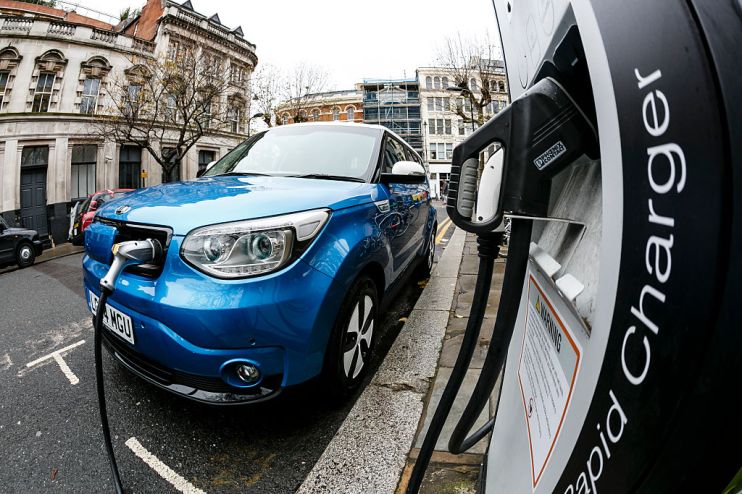Ban on new petrol and diesel car sales to be brought forward to 2030

Boris Johnson is set to announce that the ban on petrol and diesel vehicles will be brought forward to 2030.
The announcement is expected as part of a landmark speech laying out the government’s 10 point plan for climate change.
Back in February the ban on the sale of such vehicles was brought forward to 2035, but the Prime Minister is now expected to go further, the FT reported.
Electric cars currently make up just seven per cent of the UK car market, but it is hoped that the announcement will jump start the industry.
Ian Plummer, director at Auto Trader, said: “In order to meet the government’s new ban of petrol and diesel cars by 2030, the sale of EVs must overtake the sale of traditional ICE cars by 2024.
“But, on the current sales trajectory this won’t happen until 2029. It’s clear that electric vehicles need to be the preferred option to the masses and not just to those who are environmentalists, early adopters or the wealthy that can afford their high price tags, but that isn’t the case yet.”
The deadline for sales of plug-in hybrids is expected to stay at 2035, it was reported.
Before the Open newsletter: Start your day with the City View podcast and key market data
At the moment, electric vehicles remain more expensive than diesel models, and critics have argued that the government must spend a considerable amount to help convince people to switch to a new model.
The FT said that around £500m in fresh funding for electric car charging infrastructure would be rolled out in the new year.
RAC head of roads policy Nicholas Lyes said that the new date would present a “monumental challenge” to the car industry.
“We believe many more rapid charging devices are needed in order to give drivers the confidence that they can make longer journeys in a convenient and time efficient manner”, he added.
Tom Clarke, head of electric vehicle strategy at insurers LV, said the government should follow France and Germany in providing consumers with more incentives to buy the vehicles.
“We’re calling on the Government to follow France and Germany’s recent electric vehicle announcements and provide more fiscal incentives and nudges for electric vehicles to drive uptake”, he said.
“Based on our research, we support the motion to introduce different VAT rates for EVs, an initiative which has been suggested by the Behavioural Insights Team and Transport Research Laboratory in their report for Department for Transport.”